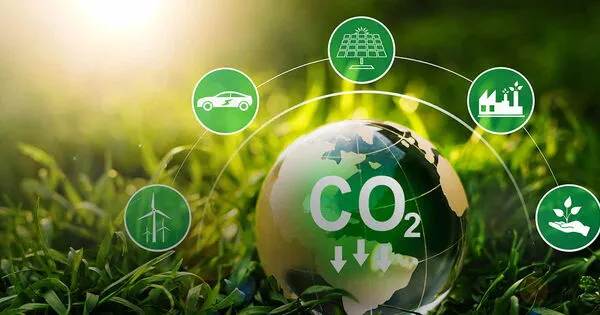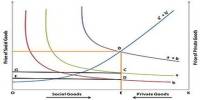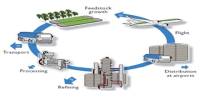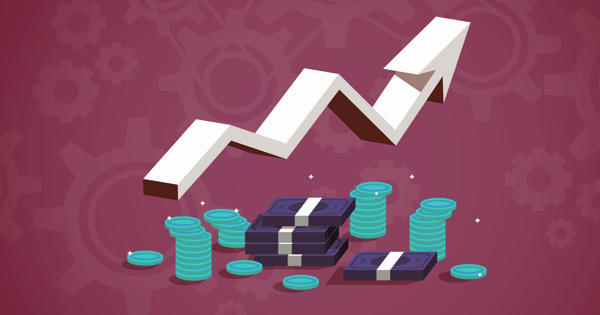A low-carbon economy is an economic system in which the use of fossil fuels is minimized and replaced with renewable energy sources, such as solar, wind, and hydropower, in order to reduce greenhouse gas emissions and mitigate the impacts of climate change. This can involve changes in energy production, transportation, and building design, as well as policies to encourage conservation and energy efficiency.
It is a system that aims to reduce greenhouse gas emissions while still functioning as a typical economic program. This structure has emerged as a long-term goal for countries attempting to mitigate the effects of global warming. The transition to low-carbon economies began with the signing of the Kyoto Protocol, which required nations to reduce their carbon emissions, and has continued with the 2015 Paris agreement. Achieving a low-carbon economy is seen as a necessary step in order to limit global warming to less than 2 degrees Celsius above pre-industrial levels, as agreed upon in the Paris Agreement.
It is an economic system in which the use of fossil fuels is significantly reduced in order to decrease the amount of carbon dioxide and other greenhouse gases emitted into the atmosphere. This can be achieved through a variety of measures such as increasing the use of renewable energy sources, implementing energy efficiency measures, and promoting sustainable transportation options. The goal of a low-carbon economy is to reduce the negative impacts of climate change and promote sustainable economic growth.
A low-carbon economy is one in which the use of fossil fuels is minimized or eliminated, and the use of renewable energy sources, such as solar and wind power, is increased. This shift is necessary to reduce the amount of greenhouse gases released into the atmosphere and mitigate the impacts of climate change. This can be achieved through policies such as carbon pricing, incentives for clean energy development, and regulations on emissions from industry and transportation.
The decarbonized economy is based on low-carbon energy sources that emit few greenhouse gases (GHGs) into the atmosphere, specifically carbon dioxide. Since the mid-twentieth century, GHG emissions caused by anthropogenic (human) activity have been the dominant cause of observed climate change. Continued greenhouse gas emissions may cause long-term global changes, increasing the likelihood of severe, pervasive, and irreversible consequences for people and ecosystems.
















